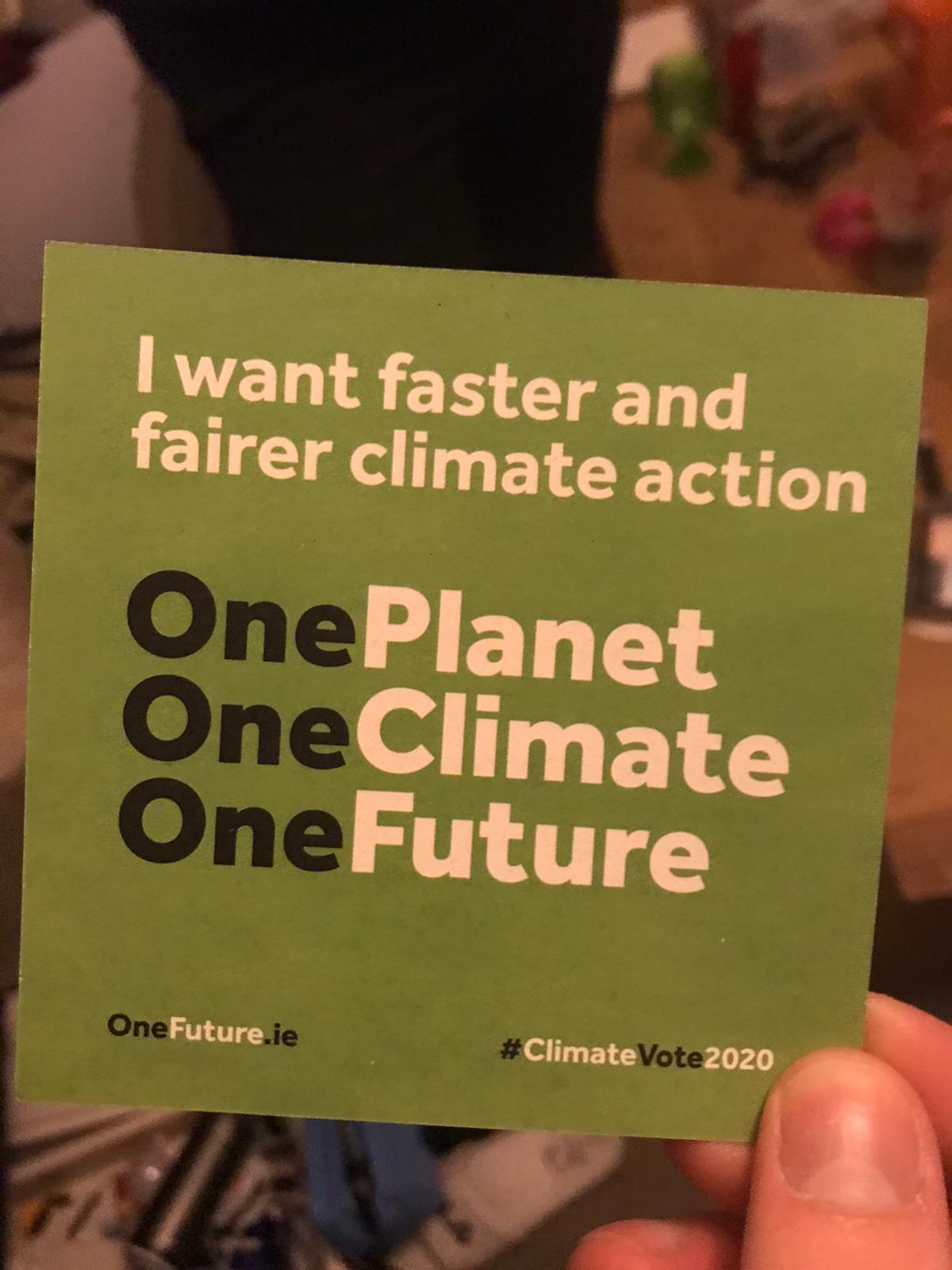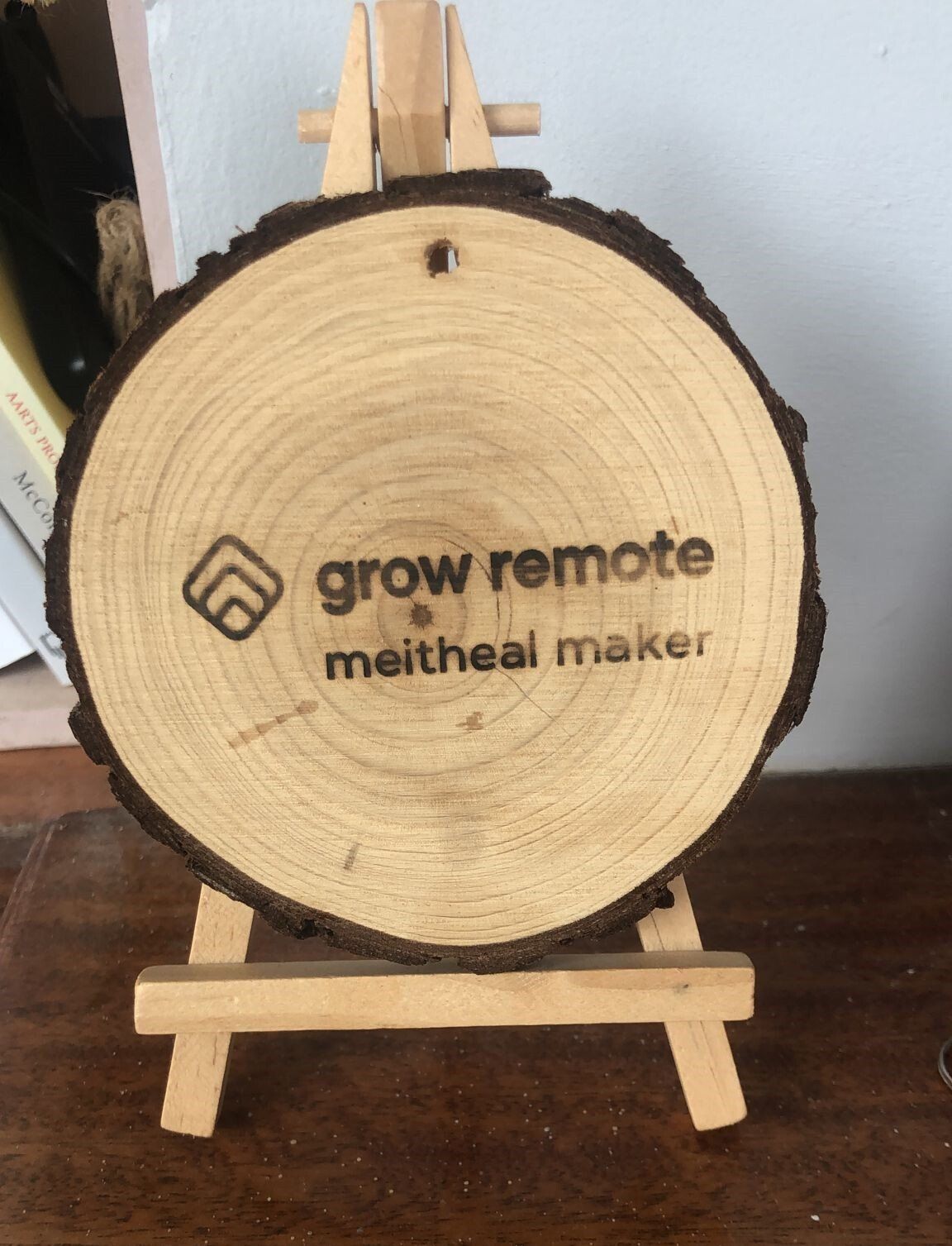Life with Disability during COVID-19: Part 2
The pandemic has highlighted fears as a parent of an adult with an intellectual disability
In the second part of musings since the start of the COVID-19 pandemic, Maria shares her fears as a parent of an adult with an intellectual disability. “It’s healthy to have a fear of catching COVID-19” says Maria “but for many families like ours, the thought of the person that we care for developing COVID-19 brings a whole different level of fear.”
“It’s not usually their intellectual disability that puts people at higher risk of experiencing severe forms of Covid19” explains Maria “but the other chronic health conditions that so often go hand in hand, especially in the older adult with disabilities or that they live in residential settings where the spread is more difficult to contain.”
For others, like Maria’s daughter Lucy who is on the Autistic Spectrum, their main disadvantage, if they were to contract COVID-19 would be communication and conceptual challenges.
Maria worries, for example, that as Lucy has never been in hospital she would be overwhelmed. “She has no experience to draw from to help her understand what is happening.” Last year the HSE launched ‘health passports’ which go with the person to let healthcare staff know all about their abilities and needs. “If you haven’t done it already, now is a good time to fill out a Health Passport with the person you care for,” says Maria.
Continuing, Maria says “Of course, most carers of persons with disabilities want to accompany their loved ones into hospital, not just to reassure but to help them to communicate with the staff and advocate on their behalf. I can imagine that the contagiousness of COVID-19 makes that really difficult to manage but it is of critical importance and from what I hear the wonderful staff in St Luke’s are managing this on a case by case basis.”
“I am passionate that people with disabilities are not discriminated against in our society,” says Maria,” we have legislation against such discrimination but sometimes we, in the disability community, have to really spell out what ‘non discrimination’ actually looks like.”
“Many parents and carers were very concerned when the seriousness of the pandemic first became apparent” says Maria “The Government’s ethical guidelines on who should be prioritised for care if the health service became overwhelmed, did not explicitly state that a person’s disability was not to be considered as a factor when deciding who could access life-saving treatment.”
However, last week the Government published supplementary guidelines which state that people with disabilities should not be discriminated against when it comes to accessing healthcare, up to and including intensive care and also allows for a family or independent advocate if needed.
“This clarity is very welcome”, says Maria, “and I understand that COVID took us all by surprise but I really look forward to the day when Government policy has anti-discrimination checks and balances built in from the beginning and not added as an afterthought.”
“The piece-meal approach to those with disabilities goes beyond COVID-19” says Maria, this time referring to funding for the sector.
As a Councillor coopted onto Kilkenny County Council when Green Party colleague, Malcolm Noonan, was elected to Dail Eireann in February, Maria rows in with the Party’s call for Government to properly fund Disability Services. “Last week the Disability Action Coalition called for Section 39 organisations that provide essential disability services should be funded on a full cost price model basis.” says Maria, “This is common practice in other countries and common sense in my mind” she adds.
“Voluntary organisations that provide essential disability services have, for years, been in a financially precarious situation. COVID-19 has just exacerbated this, fundraising opportunities have dried up exposing the ongoing underfunding for the full costs of the services they provide.” says Maria.
“Fundraising activities are not going to resume anytime soon”, finishes Maria, “so it seems like the perfect time to take a long look at the real cost of providing vital services for persons with disabilities and stop relying on charitable donations”.




